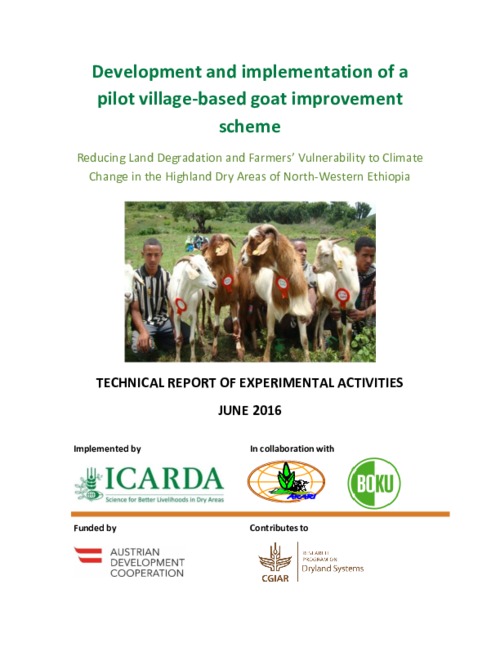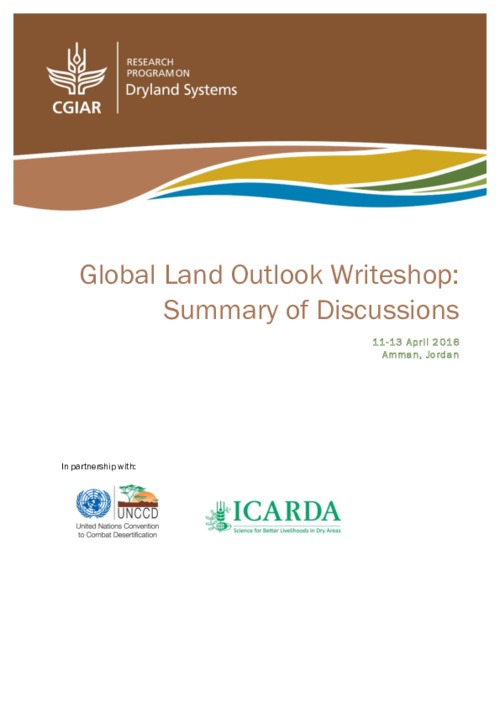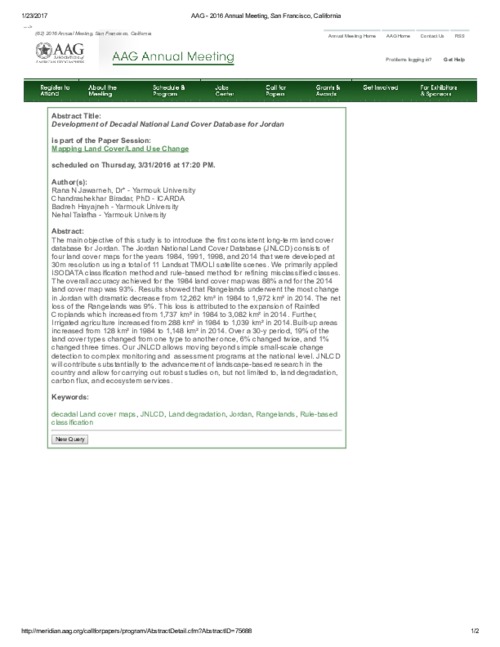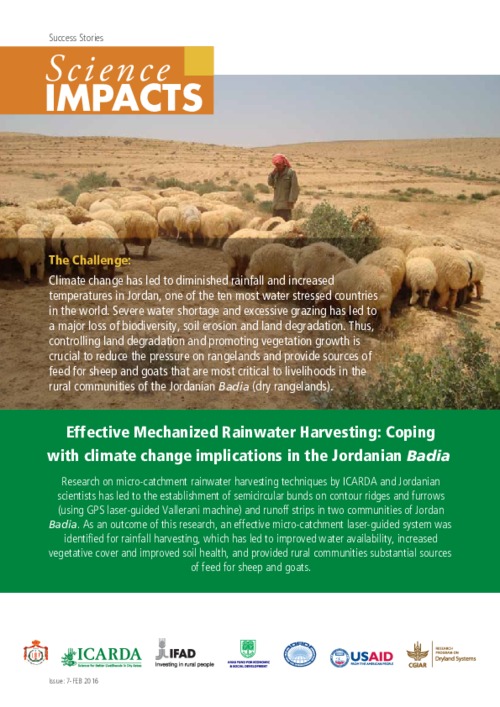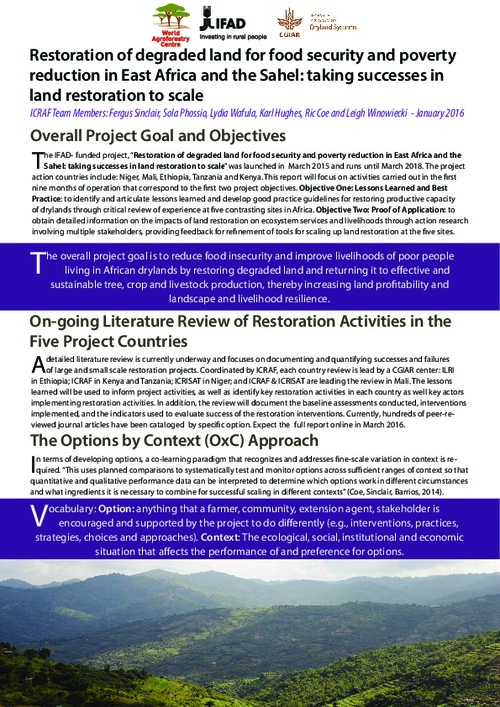Biomass Productivity-Based Mapping of Global Land Degradation Hotspots
Land degradation affects negatively the livelihoods and food security of
global population. There have been recurring efforts by the international community
to identify the global extent and severity of land degradation. Using the long-term
trend of biomass productivity as a proxy of land degradation at global scale, we






